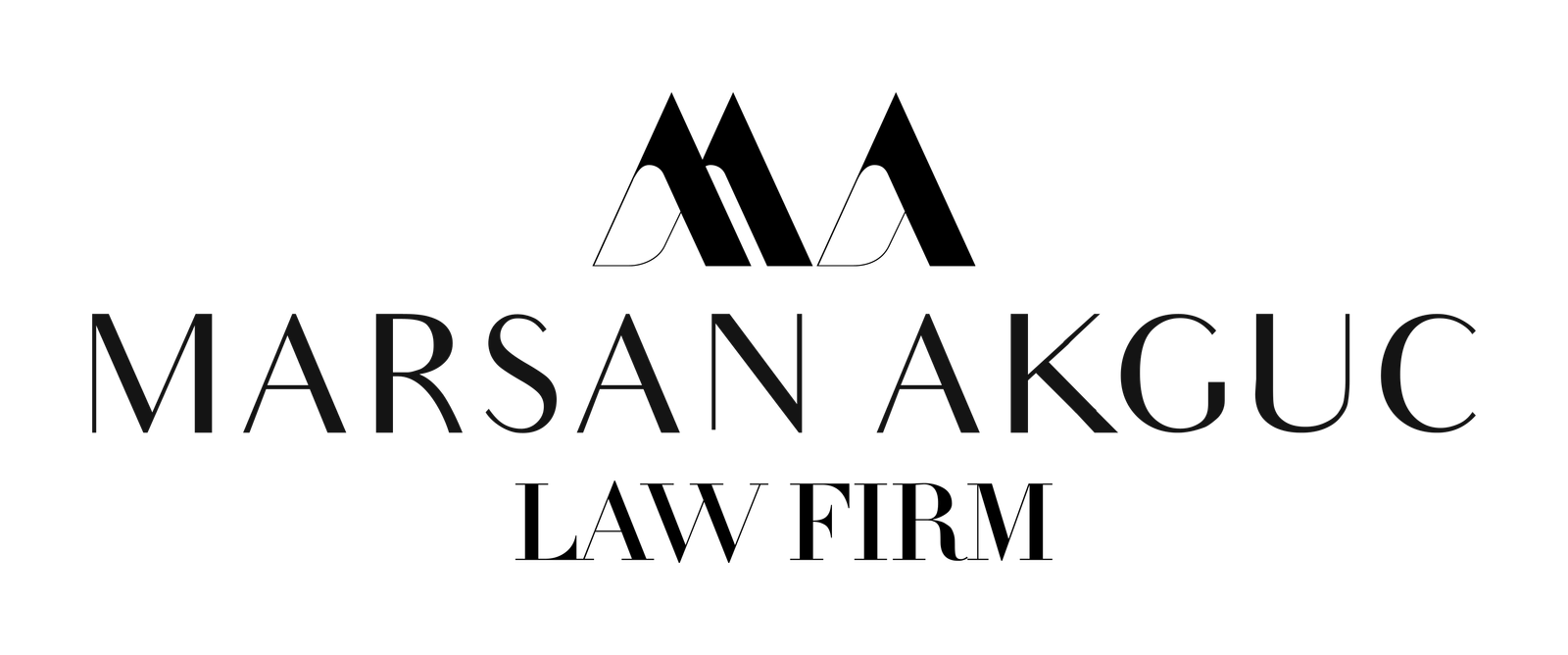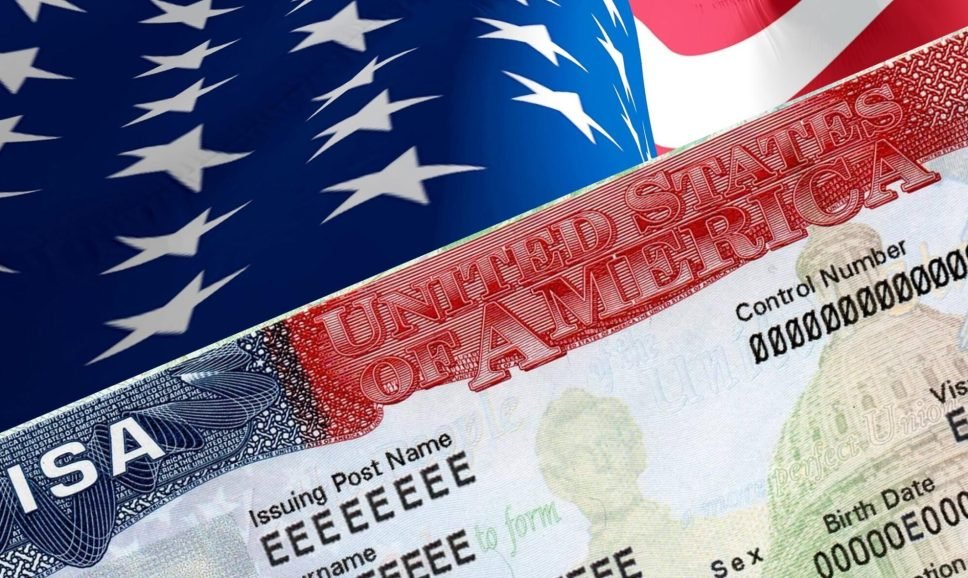For international athletes aspiring to pursue a sports career in the United States, athlete visas provide a crucial legal pathway. These temporary visas allow individuals to enter the U.S. to participate in competitions, join professional teams, or perform in recognized athletic events. As of 2025, updated regulations and requirements have made the process more structured and evidence-based. In this guide, we’ll walk through what the U.S. athlete visa is, how to apply, and what to expect.
How to Get an Athlete Visa for the U.S.?
The most common athlete visa for the U.S. is the P-1 Visa, which is issued to internationally recognized athletes and essential support staff. The general steps of the process are as follows:
- Determine Eligibility:
The applicant must be recognized at an international level in their sport. - Complete Form I-129:
A U.S.-based employer, sponsor, or agent must submit Form I-129 on behalf of the athlete to USCIS. - Gather Supporting Documents:
Evidence of achievements, rankings, awards, media coverage, and recommendation letters must be compiled. - Attend the Consular Interview:
The applicant completes the process by attending a visa interview at a U.S. Embassy or Consulate.
Types of Visas for Athletes
P-1A Visa: Internationally Recognized Athletes
The P-1A Visa is for individual athletes or members of teams who are internationally recognized. This visa applies to:
- Individual Competitors:
Athletes with an international profile coming to the U.S. to compete in a specific event. - Team Members:
Athletes part of a team that has achieved international recognition. - Professional Athletes:
Those intending to join teams in U.S.-based professional leagues with verified earnings and media presence.
P-1B Visa: Members of Internationally Recognized Entertainment Groups
The P-1B Visa is for performers or entertainers who are part of a group with sustained international recognition. Eligibility includes:
- Group Affiliation:
The applicant must have been a regular member of the group for at least one year. - Global Recognition:
The group must have a strong history of international success. - Performance Objective:
The applicant must be entering the U.S. to perform as part of the group’s official activities.
P-1S Visa: Essential Support Personnel
The P-1S Visa is designed for coaches, trainers, or staff supporting a P-1A or P-1B athlete/performer. Requirements include:
- Direct Support Role:
The applicant’s duties must be essential and directly related to the athlete’s or entertainer’s performance. - Specialized Knowledge:
The role must involve a level of expertise not readily available in the U.S. - Event-Based Duration:
P-1S visas are generally granted for the duration of the scheduled event or performance, often not exceeding one year.
Application and Professional Support for Athlete Visas
The athlete visa application process requires precision, preparation, and professional support. Key considerations include:
- Legal Representation:
Working with an immigration attorney experienced in sports visas increases the chance of approval. - Document Accuracy:
All materials, including contracts, resumes, and schedules, must be properly formatted and validated. - Timing:
Given potential delays, applications should be submitted well ahead of the intended competition or season.
What Documents Are Required for an Athlete Visa?
Commonly required documents include:
- Form I-129:
Submitted by the U.S.-based sponsor or agent. - Supporting Evidence:
Documentation of the athlete’s international recognition and achievements awards, press coverage, rankings, etc. - Invitation Letter:
A formal letter from the event organizer, tournament host, or sports federation in the U.S. - Team or Organization Profile:
Background information about the applicant’s club or team, including international performance history. - Passport and Identification:
Valid passport, passport-style photo, and prior U.S. visa copies (if any). - Activity Schedule:
A clear itinerary of matches, performances, or training events in the U.S. - Athlete Resume or Career Summary:
A detailed CV with tournament history, previous clubs, certifications, and league records.
What Changed in 2025? Key Updates You Need to Know
As of 2025, U.S. immigration policy has introduced the following updates relevant to P visas:
- Stricter Documentation Standards:
USCIS now requires more detailed and verifiable evidence for P-1A and P-1S visa applicants. Letters from governing bodies and official sports institutions carry significant weight. - Event-Based Validity Periods:
P visas are increasingly tied to specific dates or competitions. Open-ended or vague timelines are more likely to be denied. - High Bar for Support Personnel (P-1S):
Applicants must prove their expertise is unique and essential for the performance of the main visa holder. - Interview Bottlenecks:
During peak seasons (e.g., summer tournaments), visa appointments may be limited. Athletes are advised to apply at least 2–3 months in advance.
Stepping into Opportunity with a U.S. Athlete Visa
The U.S. Athlete Visa opens the door to global recognition for athletes ready to showcase their talent on American soil. P-1A, P-1B, and P-1S visas collectively support not only athletes but also the critical support teams behind them.
Success in the visa process depends on documentation, preparation, and strategy. With proper legal support and an evidence-based application, athletes can secure entry into the U.S. to compete, grow professionally, and reach international milestones.
Sports require strategy not only on the field but also in the visa file. If you want to join a tournament, club or professional league in the US, you need to take the process seriously and plan every step according to the rules. Working with an experienced immigration consultancy can significantly increase the chances of your case being accepted. Marsan Akguc Law Firm’s experienced team will be happy to assist you at every stage.

